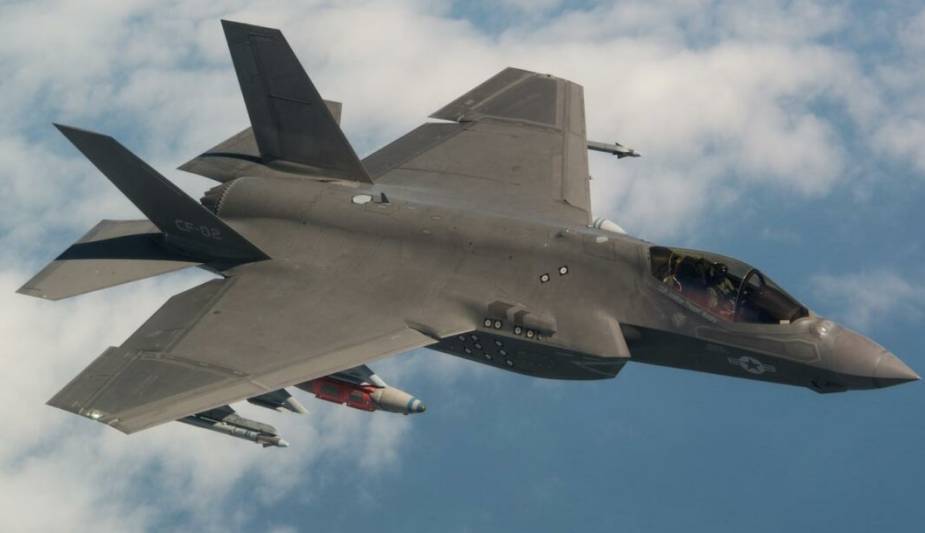Breaking news
Swiss Air Force to get 36 Lockheed Martin F-35A Lightning II jets.
Switzerland’s House of Representatives has approved the purchase of 36 new Lockheed Martin F-35A Lightning II fighter jets. The decision gives the green light to sign the purchase contract.
Follow Air Recognition on Google News at this link
 Lockheed Martin F-35A Lightning II (Picture source: Lockheed Martin)
Lockheed Martin F-35A Lightning II (Picture source: Lockheed Martin)
The Swiss Government selected the F-35A in June of 2021, marking the beginning of their critical transition to 5th Generation airpower.. It is interoperable with a number of other systems, which will include the ground-based air defense system that Switzerland is also in the process of selecting. The F-35 is an investment in future defense capabilities. It is designed to be upgraded as technology advances and as threats evolve. With an expected in-service life of around 50 years, the F-35 will be a great asset to defend the Swiss airspace for decades to come.
The Swiss industry already plays a role in building the F-35, with six suppliers providing components to the aircraft. A 5th Generation of aircraft requires a whole new approach to design, manufacturing and sustainment. The F-35’s ongoing modernization efforts will ensure it outpaces advancing threats and continues to widen the gap over existing aircraft.
Keystone-SDA news agency reported on September 15 that the Swiss Parliament’s majority was convinced the contract should be signed by the bid closing date: March 30, 2023. This purchase is part of the Army's 2022 budget, with the entire program worth CHF 9.552 billion (USD 9.915 Bn), two-thirds of which is earmarked for the F-35 jets. One parliamentarian warned of inflation-related additional costs and delays in case of failure to do so because the F-35s are in a production slot. If the Swiss order falls out of this slot, “their” fighter jets would have to wait for the next one, explained Thomas Hurter, a pilot by training, of the right-wing Swiss People’s Party quoted by Keystone.
It was also noted that Switzerland will become somewhat dependent on the US for maintenance, but that will also apply to neighboring Italy and Germany, as well as other European customers (Belgium, UK, the Netherlands,…).

























